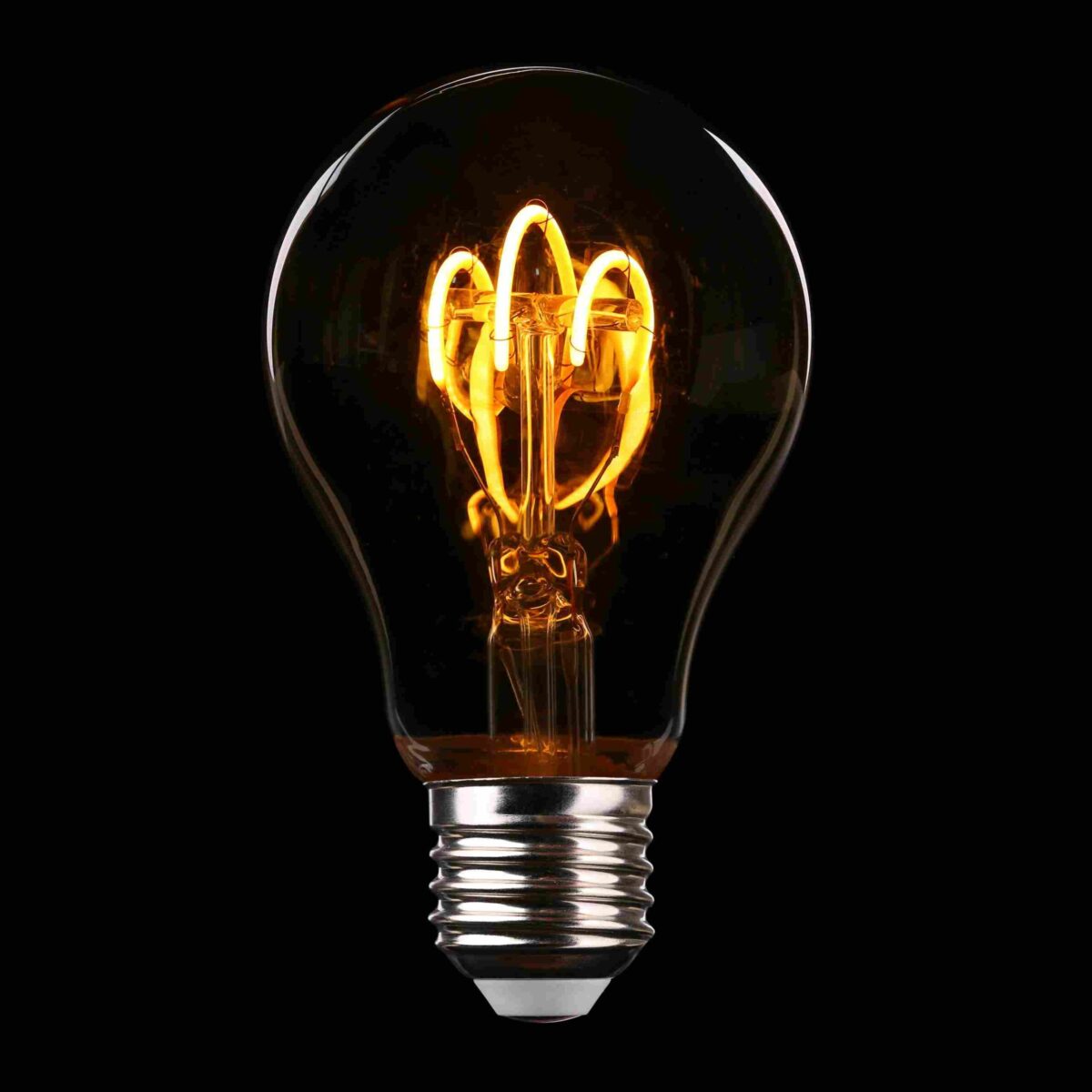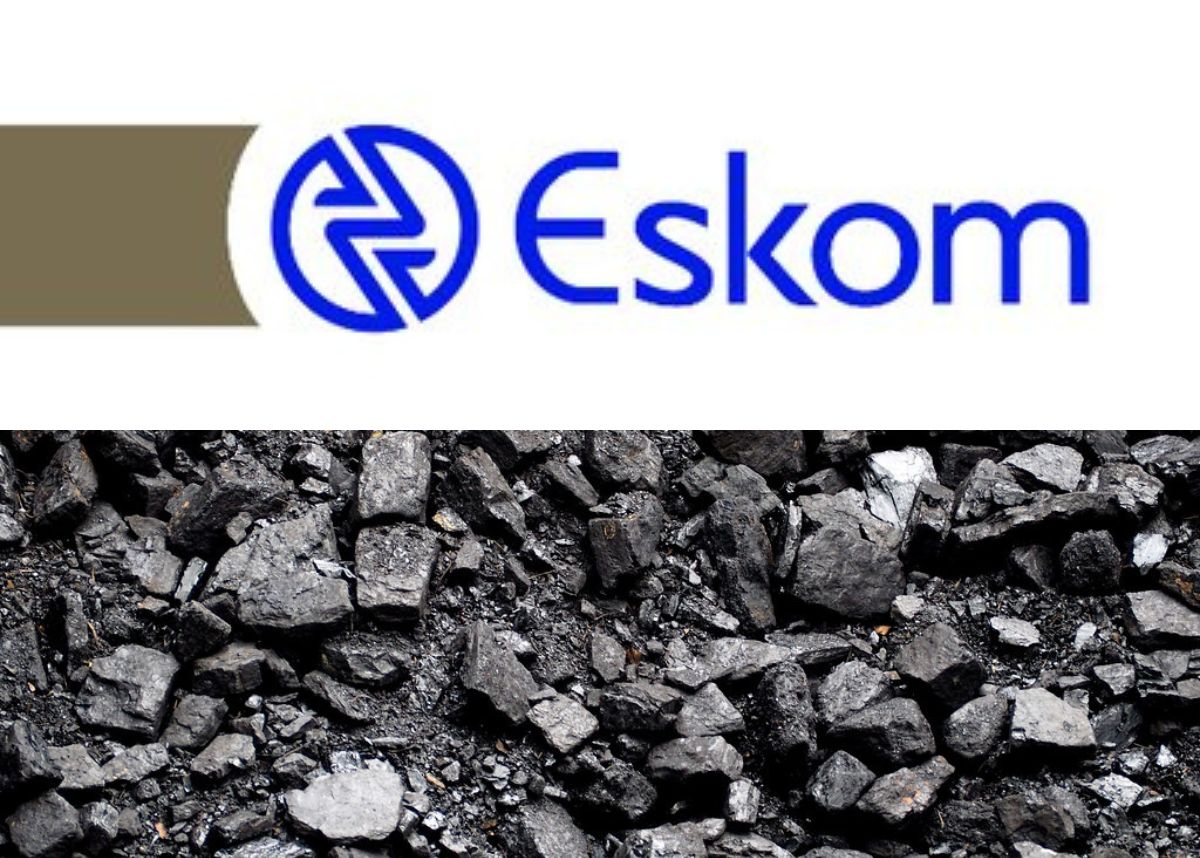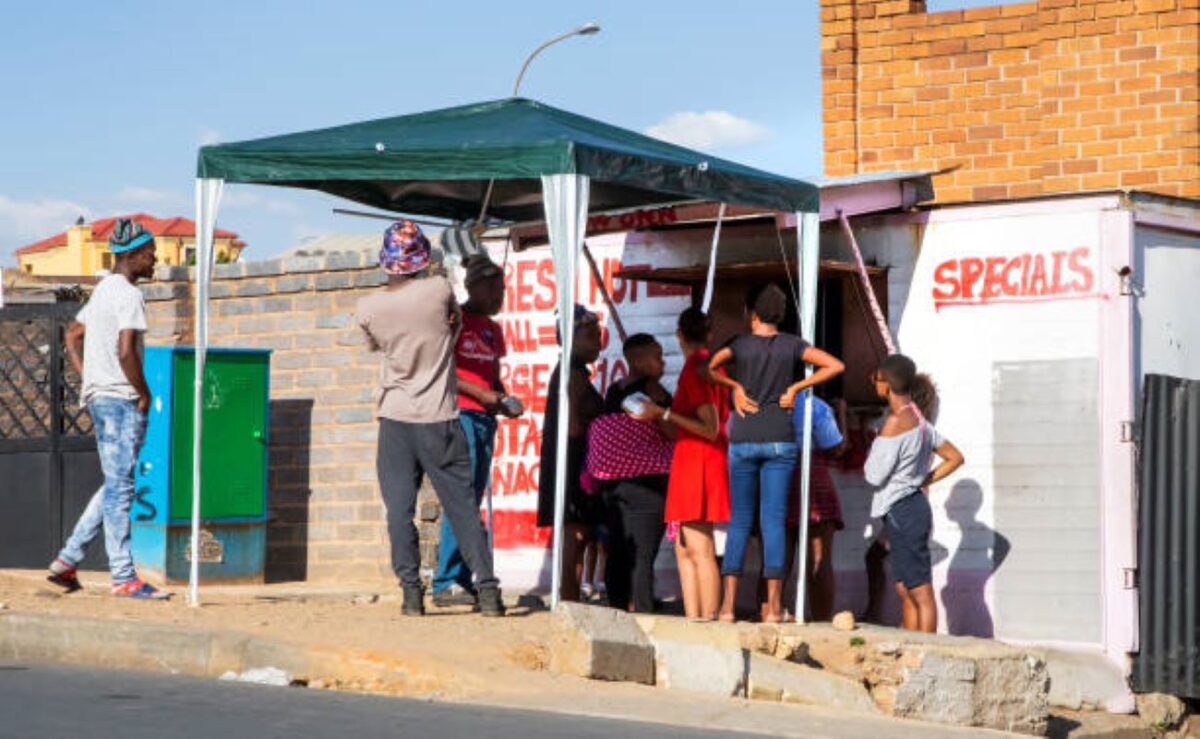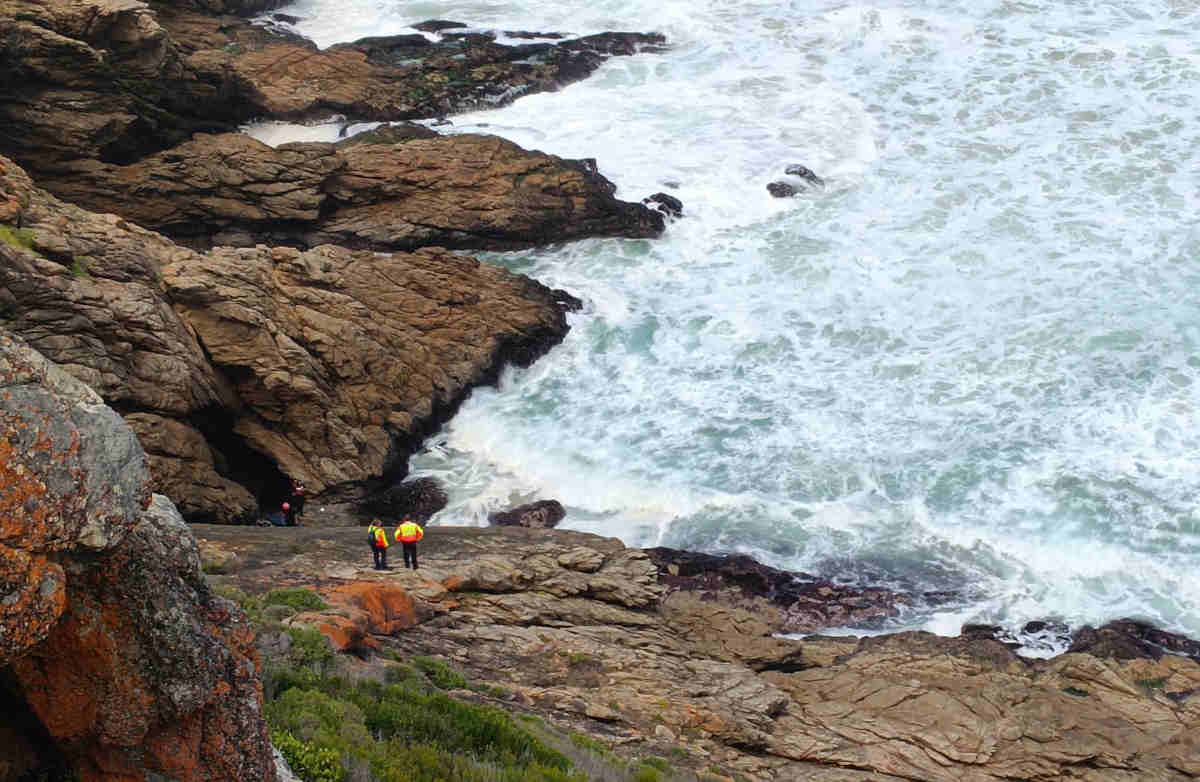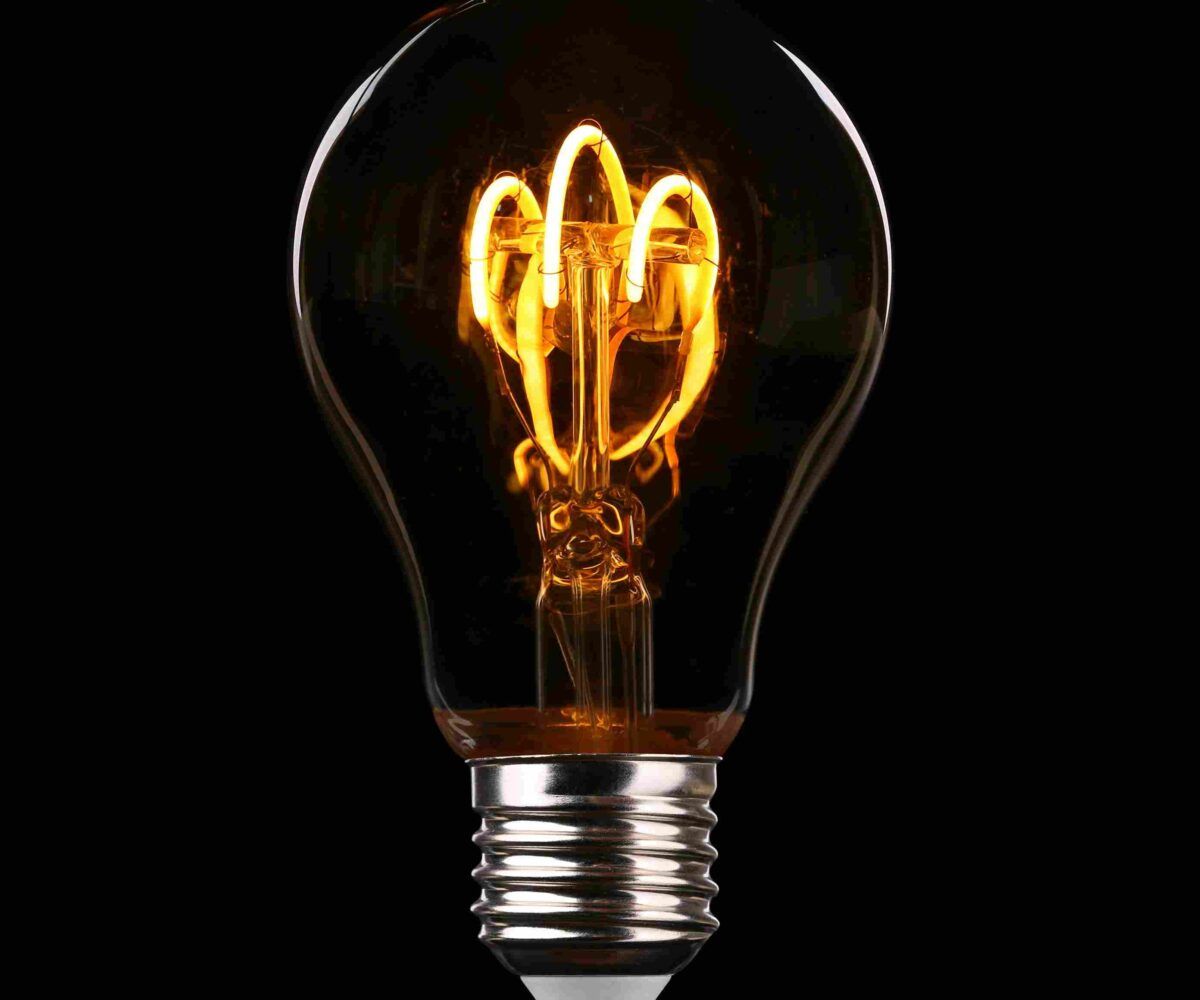
The National Energy Regulator of South Africa (NERSA) has approved a 12.7% tariff increase for Eskom, which is above inflation. This causes significant pressure on South African households as the gap between Eskom’s electricity tariffs and inflation widens. As reported by Eskom, Starting on 1 April 2025, Eskom direct customers will experience a 12.74% rate increase. However, the good news is that residential customers won’t face higher charges for electricity consumption above 350kWh.
Why won’t heavy electrical users pay higher charges for consumption?
In an official statement by Eskom, Eskom group executive for distribution Monde Bala announced that residential customers will no longer face higher charges for electricity consumption above 350kWh. This means that they will pay the same cent per kilowatt-hour (c/kWh) for all consumption. The move encourages customers to purchase legal electricity tokens and those in need of increased affordability to register for Free Basic Electricity (FBE).
“Our solar rooftop electricity generation customers can export excess energy into the grid, reducing their electricity bill. Consequently, homeflex tariff customers can benefit from energy credits from exports. In addition, customers without rooftop electricity generation will no longer subsidise those with their generation. This is because generation capacity costs are now a separate charge and not included in the c/kWh price,” said Bala.
Can South Africans afford rising electricity costs?
The increase in South Africa’s electricity prices is causing significant distress to households, where many already face financial woes caused by inflation. In addition to this, rising electricity costs are forcing households to make difficult choices between paying for other necessities and powering their homes. This is because a significant portion of the population is living below the poverty line.
According to Statistics South Africa, there has been a rise in South Africa’s homeless population over the past few decades. This is a result of the country’s ongoing struggles with inequality and poverty. Additionally, homelessness among older individuals, particularly those aged 35-39, is primarily caused by economic factors such as unemployment and lack of affordable housing. This accounts for 62.4% of cases. The increase in electricity costs may pose a significant challenge to low-income households.
Eskom is pleased as NERSA approval will assist in improved energy security
Eskom is pleased with the NERSA’s decision to approve the financial year 2026 Eskom tariffs, which have been adjusted with the 2025/26 tariff increase and changes to the tariff structures. This allows Eskom to introduce simpler tariffs for low-consumption households and municipal bulk purchases. This is to ensure customers pay for costs and promoting a stronger user-pays principle in electricity pricing. The approval will also assist in improving energy security and reliability by improving price signals in Eskom tariffs, promoting economic growth.
Eskom welcomes this decision – what are your thoughts?
Let us know by leaving a comment below, or send a WhatsApp to 060 011 021 1.
Subscribe to The South African website’s newsletters and follow us on WhatsApp, Facebook, X and Bluesky for the latest news.
